The simple future tense is a fundamental aspect of English grammar that is used to talk about actions, events, or states that will happen at a later time than the present. It’s a way to discuss plans, predictions, intentions, and expectations related to the future. In the simple future tense, we use different forms of the auxiliary verb “will” (or “shall”) combined with the base form of the main verb.
Formation: The simple future tense is formed by using the modal verb “will” (or “shall”) followed by the base form of the main verb. The structure is the same for all subjects (I, you, he/she/it, we, they).
Examples:
- “She will visit her grandparents this weekend.”
- “They will complete the project by Friday.”
- “I will call you later.”
Positive Sentences
Positive sentences of Future Simple Test are very easy to make and understand. Making of positive sentences is given below:
subject + will/shall + v1 + object
- She will travel to Paris next month.
- They plan to start their own business in the coming years.
- The conference will take place in the new convention center.
- I’ll meet you at the cafe tomorrow afternoon.
- The company will launch its new product next week.
- He intends to learn a new language over the summer.
- We’ll see how the situation develops in the coming days.
- The movie will be released in theaters next Friday.
- They’re going to host a charity event later this year.
- She hopes to complete her master’s degree by next spring.
- He will write a book.
- They will learn to play the piano.
- She intends to become a doctor.
- The company plans to expand its operations.
- We will adopt a puppy from the shelter.
- He hopes to travel around the world.
- They will organize a charity fundraiser.
- She aspires to become a successful artist.
- The team aims to win the championship.
- I will pursue a career in filmmaking
- They might visit us next week.
- She could pursue further studies in the future.
- He may decide to change his career path.
- We should explore new opportunities.
- The project team ought to deliver their report soon.
- I shall complete the assignment before the deadline.
- He will likely attend the conference.
- They are likely to move to a new city.
- She is expected to excel in her role.
- We hope to see advancements in technology.

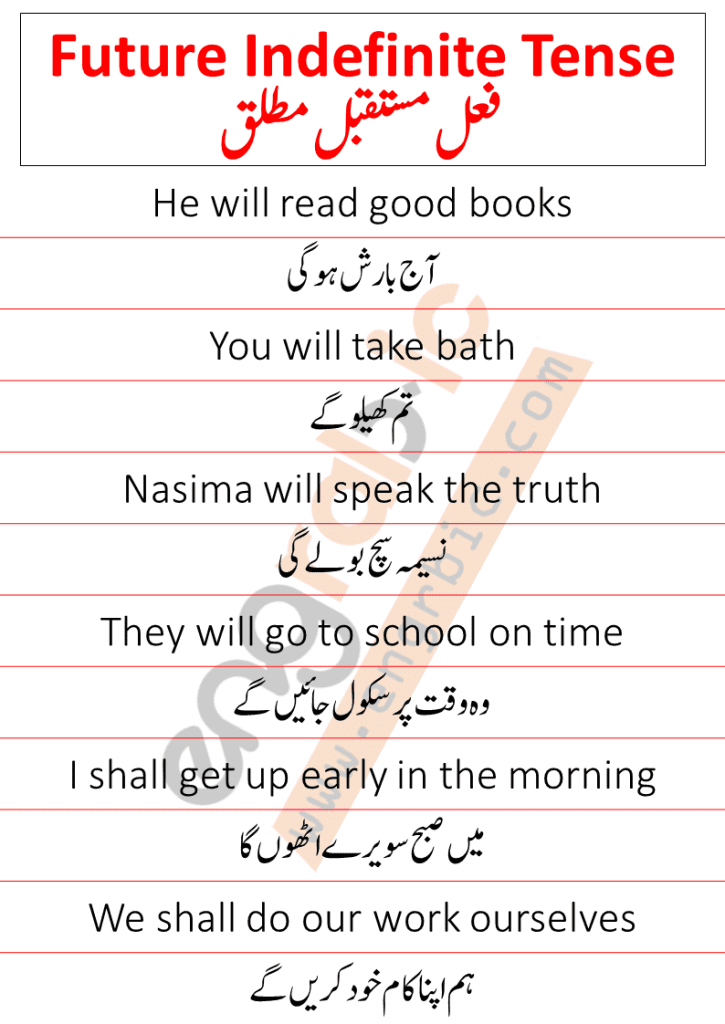
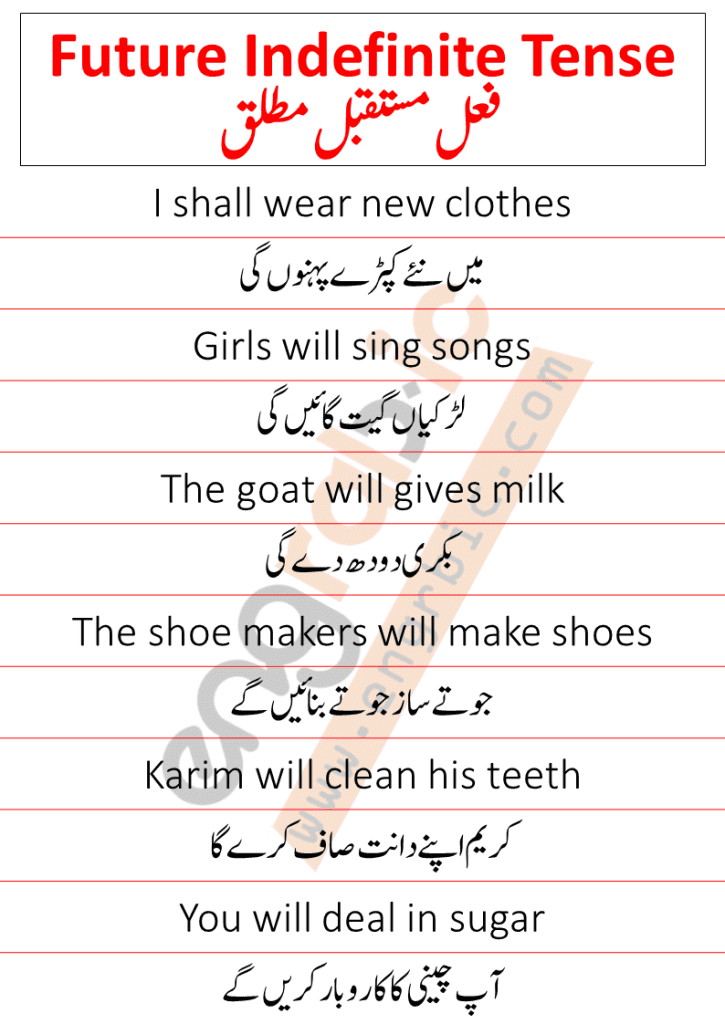
Negative Sentences
subject + will not/shall not + v1 + object
- I will not attend the meeting.
- She will not come to the party.
- They will not finish the project on time.
- He will not buy that car.
- We will not forget your birthday.
- The company will not launch the product next month.
- Mary will not travel abroad this summer.
- The team will not win the championship.
- He will not study medicine.
- They will not join the hiking trip.
- She will not accept the job offer.
- They will not participate in the competition.
- He will not visit the museum tomorrow.
- We will not forget to bring the necessary supplies.
- The concert will not take place next weekend.
- I will not lend my car to anyone.
- The store will not close early on Fridays.
- They will not arrive on time for the event.
- He will not call you back later.
- We will not see each other until next month.
- She will not attend the conference.
- They will not finish their homework on time.
- He will not buy a new smartphone.
- We will not travel to Europe next year.
- The company will not launch a new product.
- I will not forget your birthday.
- The team will not win the championship.
- They will not participate in the marathon.
- He will not learn to play the guitar.
- We will not invite them to the party.
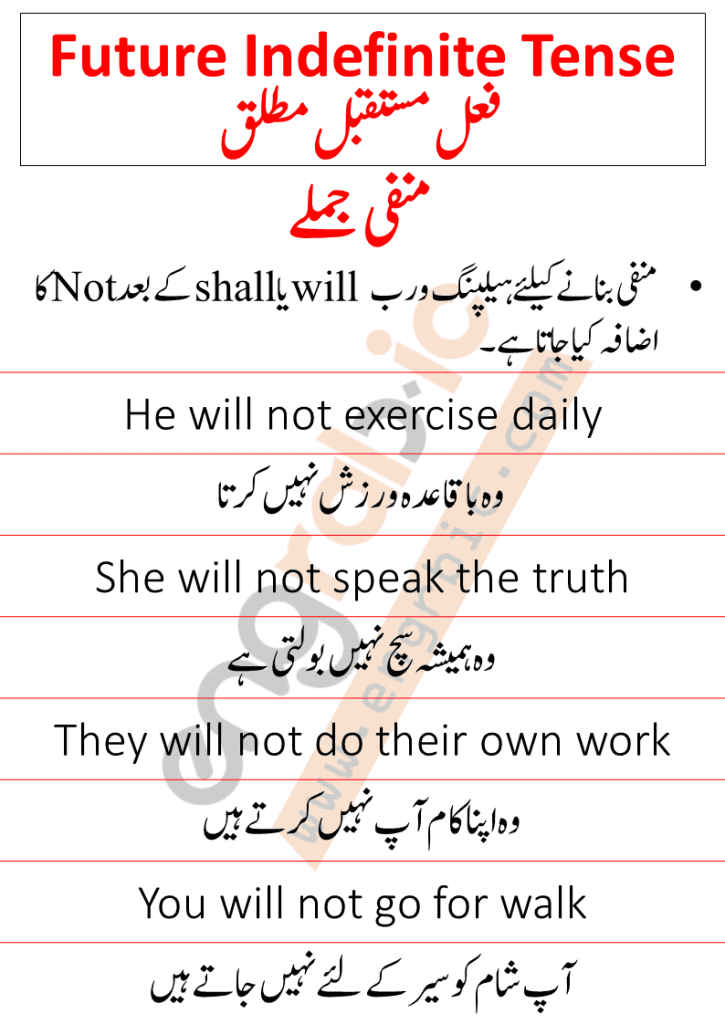

Interrogative Sentences
will/shall + subject + v1 + object
- Will she attend the meeting?
- Will they go on vacation next month?
- Will he complete the assignment on time?
- Will we have a party this weekend?
- Will the concert start at 8 PM?
- Will you visit your grandparents tomorrow?
- Will they try the new restaurant?
- Will he learn to swim this summer?
- Will we watch a movie tonight?
- Will the company launch a new product soon?
- Top of Form
- Will she come to the party?
- Will they arrive on time?
- Will he pass the exam?
- Will we meet again?
- Will the weather be nice tomorrow?
- Will you join us for dinner?
- Will they travel during the holidays?
- Will he finish the project by the deadline?
- Will we see a movie this weekend?
- Will the event take place as scheduled?
- Will she attend the conference?
- Will they finish their homework on time?
- Will he buy a new smartphone?
- Will we travel to Europe next year?
- Will the company launch a new product?
- Will you forget my birthday?
- Will the team win the championship?
- Will they participate in the marathon?
- Will he learn to play the guitar?
- Will we invite them to the party?
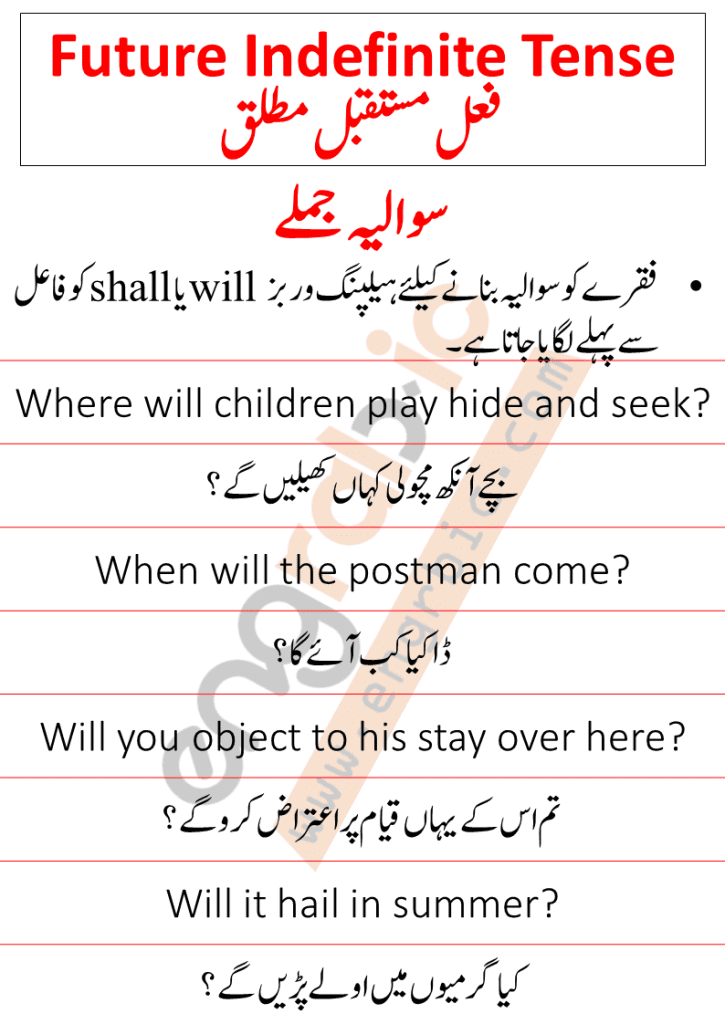
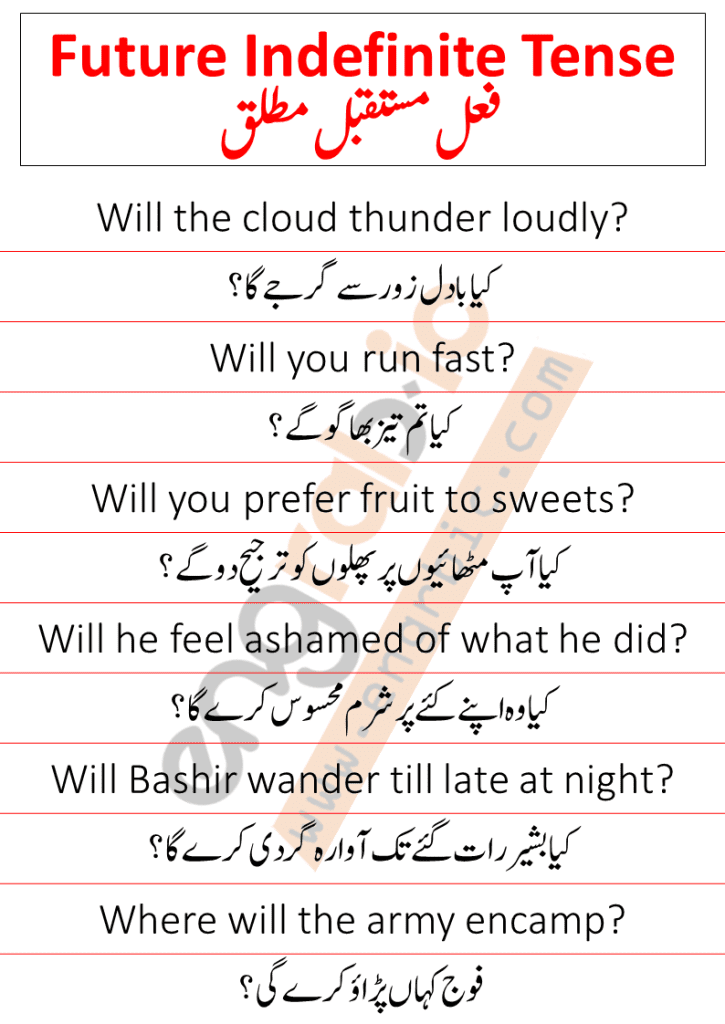

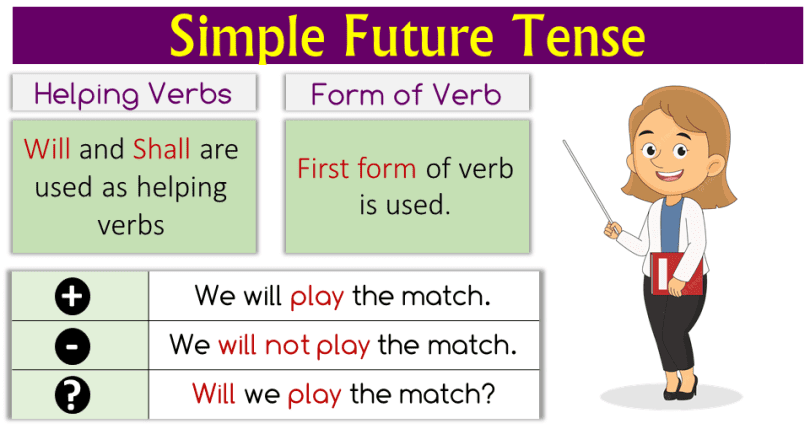
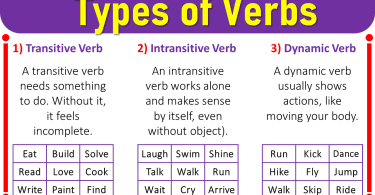
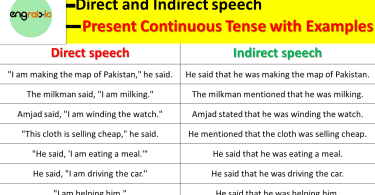
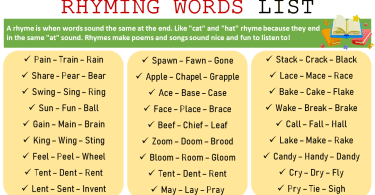
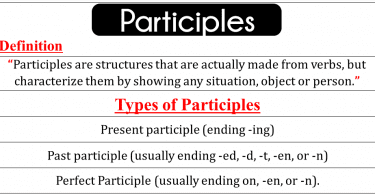
Leave a Comment